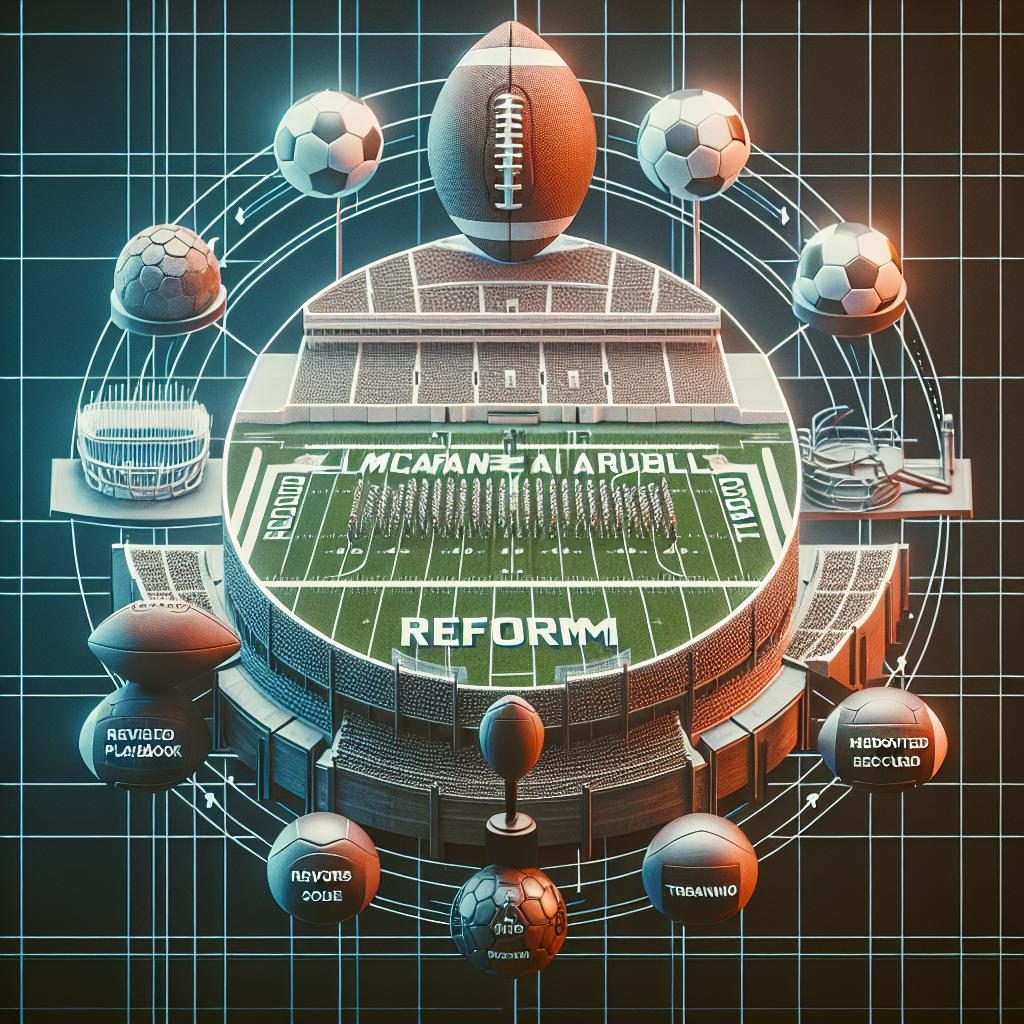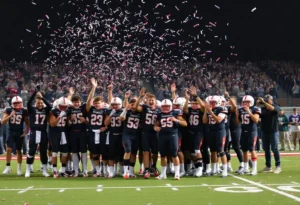NCAA to Eliminate National Letter of Intent Program
In a groundbreaking decision, the NCAA Division I Council has approved the elimination of the National Letter of Intent (NLI) program. This change was announced during a meeting on Wednesday, marking one of the most significant shifts in college sports history.
The NLI, which has been a binding agreement for college recruits since its inception in 1964, will now be replaced by alternative arrangements such as financial aid and scholarship agreements. This decision comes as part of the NCAA’s ongoing reassessment of its amateurism rules, especially in light of the recent House v. NCAA settlement. This settlement could allow schools to pay athletes more than $20 million annually, prompting a rethinking of how collegiate athletics operate.
Although the traditional framework of the NLI will be removed, many of its features will still remain relevant. Athletes will still need to sign athletics aid agreements when they enter the transfer portal, and the new guidelines will not abandon the recruiting rules surrounding the program. Over the years, the rules related to the NLI have evolved, with notable changes concerning penalties for athletes seeking to transfer after a coaching change.
The Collegiate Commissioners Association (CCA) has been a strong advocate for this change, having met in September to discuss the implications of removing the NLI. As the NCAA moves forward with this transition, a new binding document between schools and athletes will need to be established, especially with the introduction of revenue sharing on the horizon.
In addition to the recent developments, the NCAA will likely focus on reevaluating the recruiting calendar. The early signing period for college football, previously held in mid-December, has been moved this year to the week before the conference championship games. The new date for the early signing day is scheduled for Wednesday, Dec. 4.
The reorganization of the NLI program reflects a larger shift in college athletics, aiming to create a fairer and more financially sustainable system for athletes and institutions alike.
Author: STAFF HERE ROCK HILL
The ROCK HILL STAFF WRITER represents the experienced team at HERERockHill.com, your go-to source for actionable local news and information in Rock Hill, York County, and beyond. Specializing in "news you can use," we cover essential topics like product reviews for personal and business needs, local business directories, politics, real estate trends, neighborhood insights, and state news affecting the area—with deep expertise drawn from years of dedicated reporting and strong community input, including local press releases and business updates. We deliver top reporting on high-value events such as the Come-See-Me Festival, Rock Hill Arts Festival, and motorsport events at the Rock Hill Velodrome. Our coverage extends to key organizations like the Rock Hill Chamber of Commerce and the Culture & Heritage Museums, plus leading businesses in manufacturing and technology that power the local economy such as 3D Systems and Comporium. As part of the broader HERE network, including HEREAiken.com, HEREBeaufort.com, HEREChapin.com, HERECharleston.com, HEREClinton.com, HEREColumbia.com, HEREGeorgetown.com, HEREGreenwood.com, HEREGreenville.com, HEREHiltonHead.com, HEREIrmo.com, HEREMyrtleBeach.com, HERENewberry.com, HERERockHill.com, and HERESpartanburg.com, we provide comprehensive, credible insights into South Carolina's dynamic landscape.








